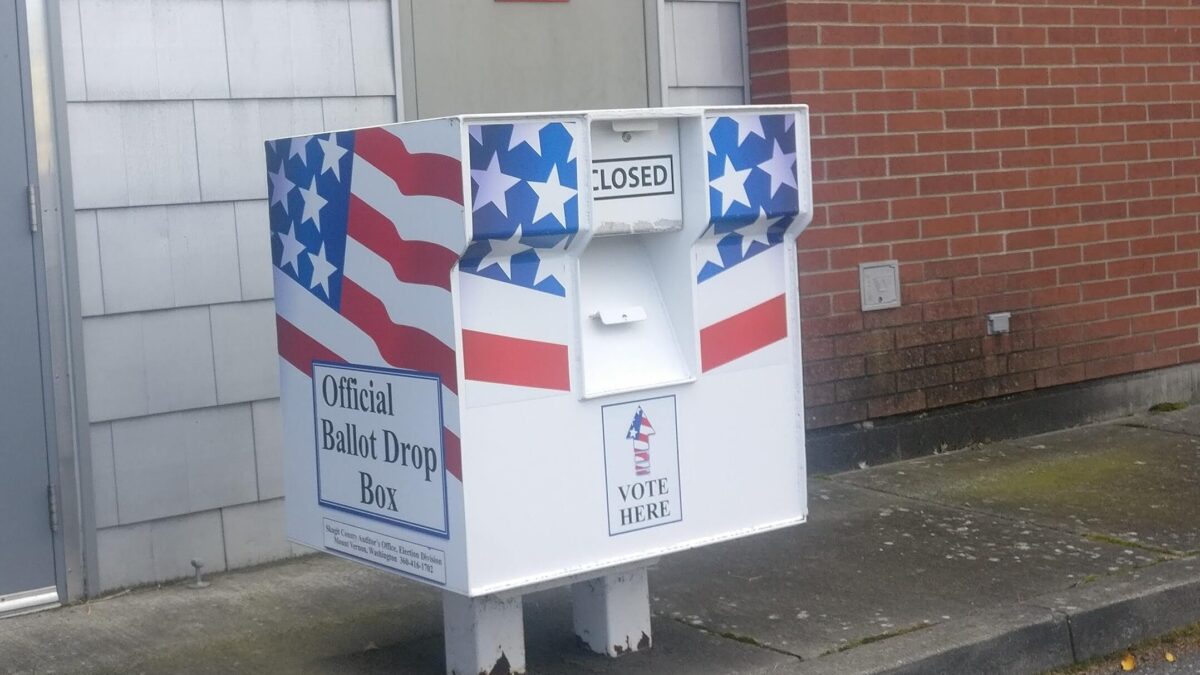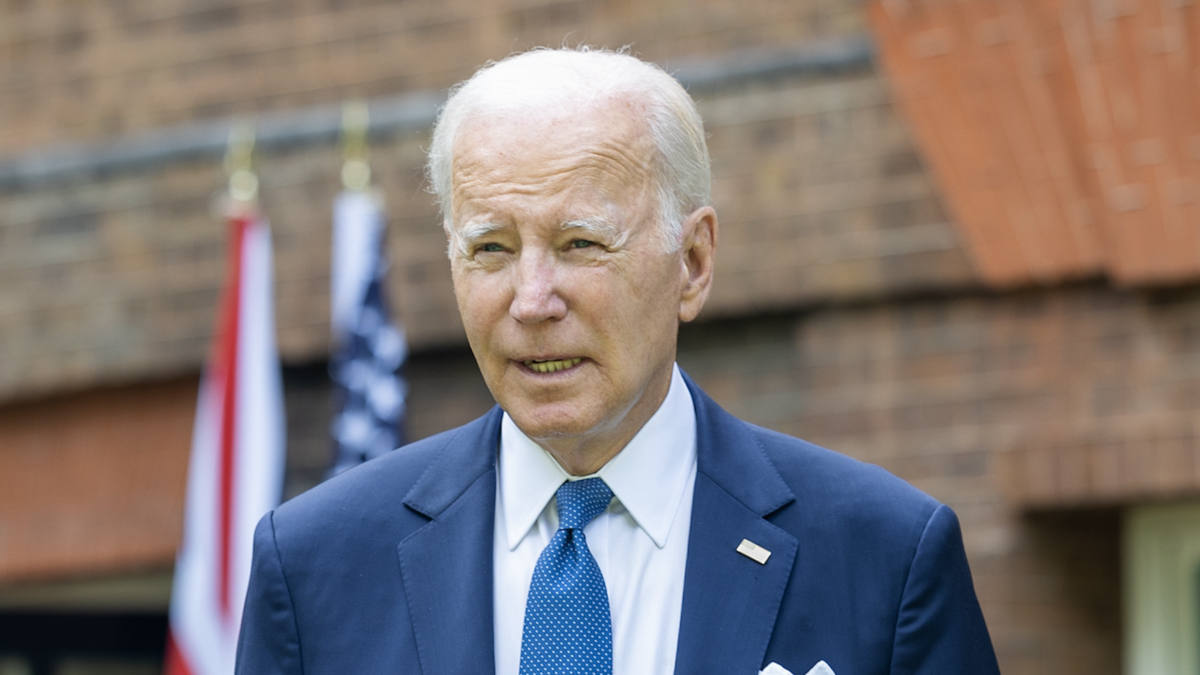
After seven years of promising to repeal and replace Obamacare, Senate Republicans have yet to settle on legislation that would appease both the moderate and conservative wings of the party. With every attempt by the Senate leadership to satisfy the demands of one faction, it has simultaneously pushed the other further away.
Meanwhile, the embattled President Donald Trump, who is eager to move on from health care and in need of a major legislative victory, has grown frustrated with Congress, routinely chastising their failures via social media and even demanding the Senate change its rules so it can pass comprehensive reform without approval from Democrats.
Lost in the political drama is why health-care reform legislation is so difficult to pass in the first place and why the solution to the problem, which is exceedingly simple, is being ignored.
America Wasn’t Designed for National Consensus
On the first point, it’s worth remembering what Congress is: a representative legislative body meant to bring together the widely diverse voices of a vast nation to solve important national problems and concerns, which are clearly enumerated in the Constitution. When the American people generally agree on an issue, such as whether human trafficking should be tolerated, it’s easy for Congress to pass legislation. But the more diversity within an issue, the more difficult the task becomes.
This is, of course, by design. The framers of the Constitution never desired a system in which complex problems that manifest themselves in a variety of ways would be tackled by a national legislature, with the only exceptions being issues that must by their nature be addressed in this way, such as tariffs and immigration. The reason the Senate has failed to reach an agreement is because the American people have passionate and unique perspectives on health care, and they often differ substantially by region and are driven by local customs and concerns.
The only way legislation in the Senate will ever be passed under the current philosophy is if people everywhere are willing to live under a system they consider to be less than ideal. When it comes to taxes, regulations, and other problems, that’s an easier sell. On health care, which quite literally deals with life and death issues, it’s far more difficult to find common ground. This problem is exacerbated because it is Republicans in control, and many in the party refuse to accept that the federal government should have a role in health care at all.
Interestingly, the more difficult it has become for Republicans in the Senate to resolve their differences, the more apparent the solution has become: Don’t resolve the differences. Rather than try to get virtually all the Republican senators to agree to something they mostly dislike, it would be far simpler to take the pressure off Congress entirely, by giving as much health-care funding as possible—including cash for Medicaid, Obamacare subsidy payments, and insurance company bailout funds—to the state governments, who could then decide how best to use the money.
End the Mutually Assured Destruction Pact
This strategy would provide several advantages, not the least of which is that it would allow both the conservatives and moderates in the Republican Party to escape having to sign on to a deal their constituents will loathe. If states enact policies that end up failing, congressmen could simply blame on their state lawmakers.
For those who believe in pro-liberty, free-market solutions, this proposal is currently the best-case scenario. States would have access to hundreds of billions of dollars to develop unique programs and learn from the successes and failures of other states across the country. States could encourage price transparency, expand health savings accounts, eliminate unnecessary maintenance of certification and certificate of need requirements, legalize and incentivize direct primary care, create high-risk pools for the state’s sickest people, and free insurance companies to offer a wider variety of plans, including much cheaper plans, for families who need coverage but can’t afford Obamacare’s skyrocketing premiums.
Further, under the current system, states are incentivized to enroll as many people as possible into Medicaid, which is why there are at least 16 million more people in Medicaid today than there were in 2013. However, if states are empowered with block grants, they would have an incentive to spend their money wisely and ensure only the truly needy are enrolled in Medicaid and other social services.
This Brings Us to Graham-Cassidy
Giving the power to reform health care back to the states isn’t as improbable as it might seem, either. Sens. Lindsey Graham (R-S.C.), Bill Cassidy (R-La.), Ron Johnson (R-Wis.), and Dean Heller (R-Nev.) are now, as part of Senate Republicans’ last-ditch attempt to replace Obamacare, attempting to push through a plan that would transform Obamacare into a block-grant program.
The legislation would repeal the individual and employer mandates; repeal the medical device tax; end requirements that force insurers to charge all enrollees of the same age the same amount, regardless of health condition; end federal essential health benefits requirements, which have filled numerous insurance plans with “benefits” many people don’t want; allow states to decide what insurers must cover; roll back Medicaid expansion and provide those funds to states in the form of block grants; and replace the failing Obamacare subsidies with block grants.
The bill is likely Republicans’ last chance at replacing Obamacare in the near future, and because the deadline (September 30) for Congress to pass legislation through the budget reconciliation process is fast approaching, it has gained steam over the past two weeks. Republicans need 50 votes to pass the bill in the Senate (Vice President Mike Pence is the tie-breaker), and one Republican, Sen. Rand Paul (R-Ky.), has already said he won’t support it. But many others have said they are still considering it, and it’s won favor with numerous conservatives and moderates.
Health care is too important for anyone in the debate to settle for a plan that imposes policies he or she fundamentally disagrees with. So why are Republicans trying so hard to accommodate one another? It would be far easier and much more advantageous for everyone involved to simply recognize that local governments are better equipped to deal with these issues than lawmakers in Washington DC ever will be.









